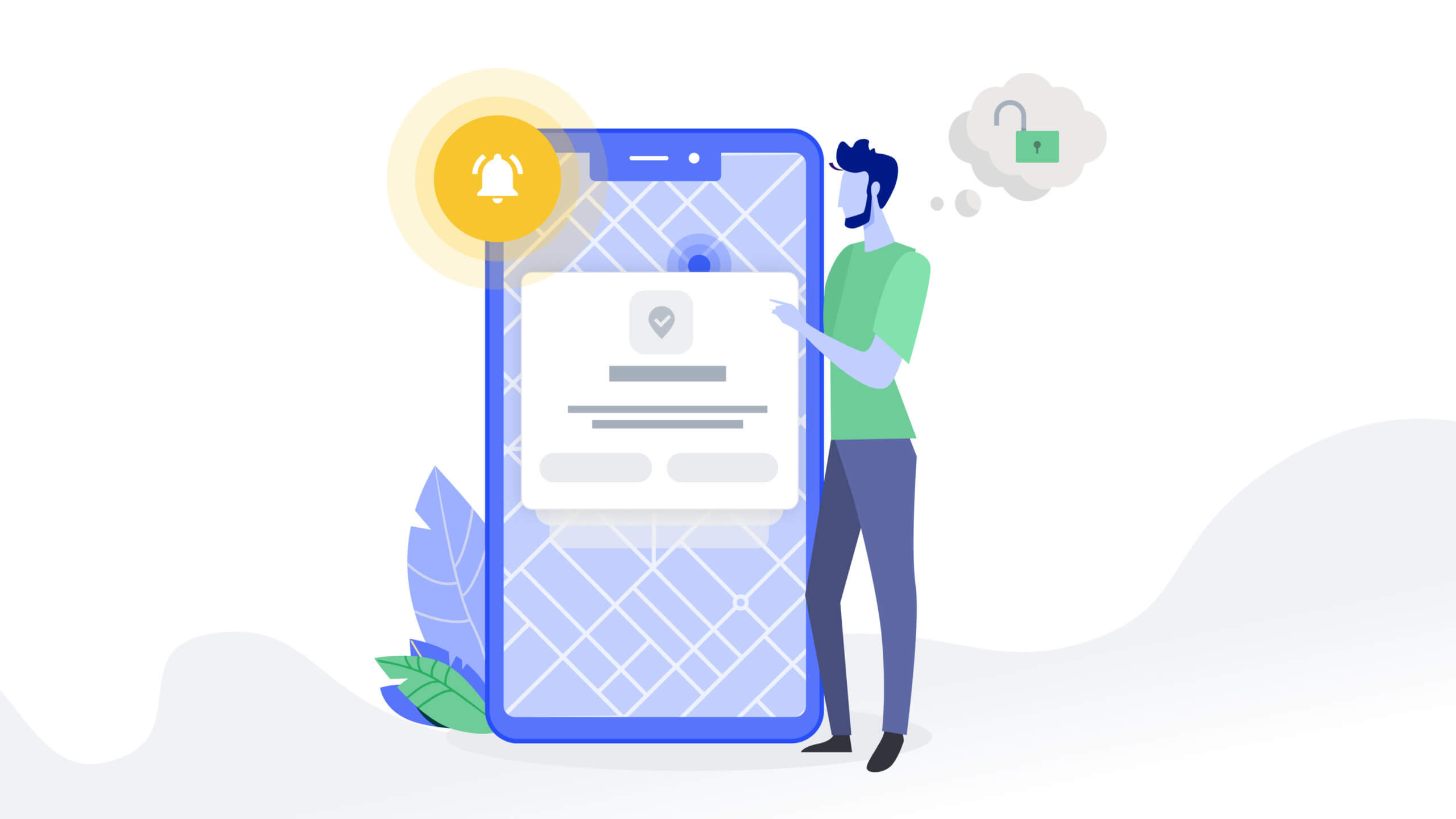Personalization and Privacy: Can They Co-Exist?
Since the inception of the internet, we have been led to believe that if we want to receive personal services, we must surrender our private information to the hands of the internet giants. So, they will be able to know what personal offer they should push to us and when. Simply put: If we want to receive a great discount for our favorable sport shoes, someone needs to build our profile somewhere in their cloud. Eventually merchants are happy to pay significantly more to those who will assist them to reach out to us with a greater personal and contextual offering, and to increase the chance that this offering will eventually convert into a real purchase.
This is the whole reason for the phenomenal success of Google, Facebook and alike. They simply sorted it out in the best way. We have the option to use their great services for free, and in return they tell us that we must “sign” here… here… and here…. To confirm our consent that our private data will be collected and used by them ‘to improve their great services to us’. So they give us a ‘choice’: Take it or leave it! It’s not really a choice, is it? What else can we do? We must trade our privacy against personal services. We are led to believe that personalization and privacy cannot co-exist.
However, at Anagog, we have seen that there is a growing concern regarding how personal information is handled. Recent studies show that nearly 80 percent of smartphone users say they have made a purchase online using their mobile device in the last 6 months. But anecdotal evidence and our Anagog Consumer Privacy Survey clearly illustrates that consumers are increasingly concerned about their personal data getting into the wrong hands. In our poll, 64 percent of consumers said their biggest fear about data collection is that identity thieves will get their hands on their private data. Much of that fear stems from the number of highly publicized data breaches where consumer data has been exposed. According to Statista, in 2005, 157 data breaches were reported, exposing approximately 67 million records in the US alone. By 2018, that number soared to 1,244 reported breaches and a whopping 446.5 million records exposed. The more data collected, the greater the potential for consumer privacy exposures.
So, if shoppers are accustomed to receiving useful offers on their smart devices, and they don’t want that to change, what can we do to bring some privacy back into their life?
At Anagog we believe that the only solution is to call artificial intelligence to the rescue. More specifically: Edge-AI. In other words, if we can enable our own smartphones to build our profile on the edge-device itself, none of our personal and private data will need to be sent out of our phones to unsecured and untrusted clouds anymore.
But how will the cloud that contains a vast number of offerings know who we are, in order to push only the relevant ones in our direction? Well, this is exactly where we need to turn everything upside down and think “in-the-box” again…. This is where, at Anagog, we offer a new patented migration ‘from push to pull’.
We have managed to introduce and demonstrate advanced artificial intelligence on the smartphone (Edge-AI). The utilization of Edge-AI through our JedAI SDK allows the phone to translate the various signals generated from multiple sensors on the phone, to build our individual offline profile. We have managed to make a significant technological breakthrough by validating how the phone can do this with hardly any battery consumption and with no communication to any external cloud servers.
Now our smartphone can become our true digital extension.
Our smartphone can pull from the cloud only relevant services that match our on-phone (offline) profile, without disclosing to the cloud who we are and without leaving behind any traces to our identity. And it becomes even better: Our phone can also understand when and what is the best contextual moment to show us the sport-shoe offer – After a morning run (following the phones’ understanding of this finished activity).
Think about it for a second: For the first time ever, we can now get personal and contextual services on our own phone, without anyone knowing who we are!
With 29 percent of those who participated in our Anagog survey saying they believe advanced technologies can help, and 70 percent saying they want their data to remain on their personal devices, we finally got it right for them. Our JedAI SDK uses advanced Edge-AI mobile technology that helps retailers, banks, and all other app developers, build consumer privacy protections into their apps, while giving consumers full control over their data privacy. When the data stays on the consumer’s smartphone.
One of JedAI’s key features that has been resonating very well with consumers and marketers alike is that marketers don’t lose in this situation, even if they don’t know as much about each individual consumer. As JedAI pulls in the contextualized offers that matter to the smartphone user – think right offer, right time, right place – the targeting is spot-on, resulting in greater opportunities to close sales and allowing for a “complete reach” to their customer base.
Finally, we now have the full prerogative to decide if we wish to maintain full anonymity and not share any data, (yet still receive personal offerings) or not. And if some merchant wants to get more of our personal information – let them create a relevant exchange for it, with concrete value offerings that we can agree to, or not. Finally, this is a real choice, and our privacy is now back in our hands.
Consumers win, because all of this happens without pulling any personal identifiable information (PII) outside the phone, hence fiercely protecting consumer’s data privacy.
And in the biggest win of all, personalization and privacy truly can finally co-exist.
With 20 years’ experience as entrepreneur and leader of High Tech private and public companies, Ofer leverages his technology and management experience to drive Anagog’s long term success. Prior to Anagog, Ofer served as the CEO of OTI, a leading developer of NFC based payment solutions and as the CEO of Parx, a provider of on-street parking payment solutions. In 2000 Ofer co-founded LocatioNet Systems, a pioneer in the Location-Based Services market. In 2001 the World Economic Forum awarded him in Davos as ‘Technology Pioneer’. Ofer has an LLB Law degree from the Tel-Aviv University.

